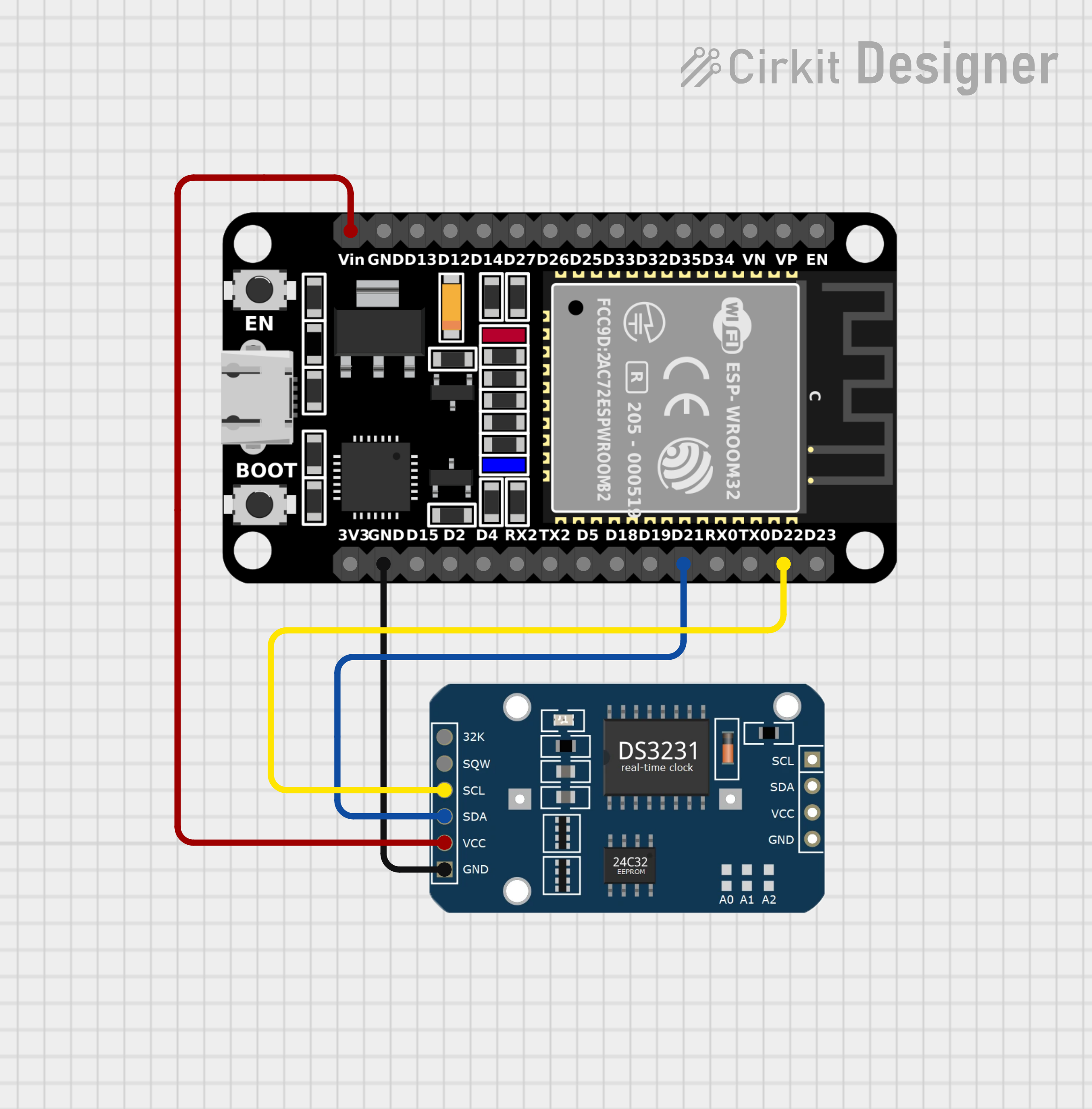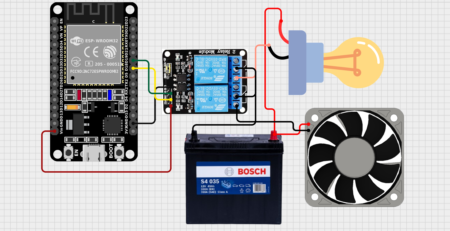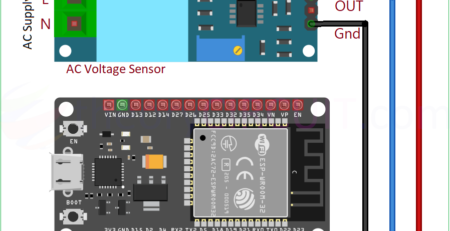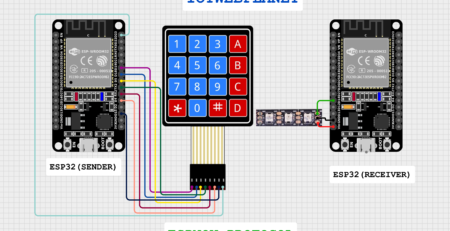DS3231 with ESP32: A Real-Time Clock Solution
Introduction
The DS3231 is a highly accurate real-time clock (RTC) module that provides precise timekeeping capabilities. When coupled with the ESP32 microcontroller, it offers a powerful combination for various IoT and embedded applications requiring accurate time synchronization.
Key Features of DS3231
- Battery-backed real-time clock: Ensures continuous timekeeping even in the absence of external power.
- Temperature-compensated crystal oscillator (TCXO): Provides high-precision timekeeping over a wide temperature range.
- Square-wave output: Generates a clock signal for external devices.
- Low-power consumption: Ideal for battery-powered applications.
Connecting DS3231 to ESP32
To connect the DS3231 to the ESP32, you’ll typically use the I2C communication protocol. The specific connections will depend on the development board and the DS3231 module you’re using. However, the general connections involve:
- SDA: Connect to the ESP32’s I2C SDA pin (e.g., GPIO21).
- SCL: Connect to the ESP32’s I2C SCL pin (e.g., GPIO22).
- VCC: Connect to the DS3231’s 3.3V power supply.
- GND: Connect to the DS3231’s ground.
ESP32 Code Example
Here’s a basic example using the Arduino IDE and the Adafruit I2C RTC library to read the time from the DS3231:
C++
#include <SPI.h>
#include <Wire.h>
#include "RTClib.h"
RTC_DS3231 rtc;
char daysOfTheWeek[7][12] = {"Sunday", "Monday", "Tuesday", "Wednesday", "Thursday", "Friday", "Saturday"};
void setup()
{
Serial.begin(9600);
pinMode(2,OUTPUT);
if (! rtc.begin()) {
Serial.println("Couldn't find RTC");
while (1);
}
rtc.adjust(DateTime(_DATE, __TIME_));
delay(3000);
}
void loop()
{
DateTime now = rtc.now();
Serial.print("Date is :");
Serial.print(now.day());
Serial.print("/");
Serial.print(now.month());
Serial.print("/");
Serial.print(now.year());
Serial.print("Time is :");
Serial.print(now.hour());
Serial.print(":");
Serial.print(now.minute());
Serial.print(":");
Serial.print(now.second());
Serial.println("*");
int m=45;
if(now.minute()==m)
lighton();
else
lightoff();
}
void lighton(){
digitalWrite(2,HIGH);
Serial.println("On light");
}
void lightoff(){
digitalWrite(2,LOW);
Serial.println("off light");
}
Key Points
- Timekeeping Accuracy: The DS3231’s TCXO ensures high-precision timekeeping.
- Battery Backup: The battery-backed feature maintains time even during power outages.
- Temperature Compensation: The TCXO compensates for temperature variations, ensuring accurate timekeeping in different environments.
- Low Power Consumption: The DS3231 is suitable for battery-powered applications due to its low power consumption.
Applications
- IoT Devices: Accurate time synchronization for data logging, scheduling, and synchronization.
- Embedded Systems: Real-time applications requiring precise timekeeping.
- Data Centers: Time synchronization for network devices and servers.
- Scientific Instruments: Precise time measurements for experiments and data analysis.
Conclusion
The DS3231, coupled with the ESP32, provides a reliable and accurate real-time clock solution for various applications. By leveraging the DS3231’s features and the ESP32’s capabilities, developers can create time-sensitive IoT and embedded systems.









Leave a Reply
You must be logged in to post a comment.